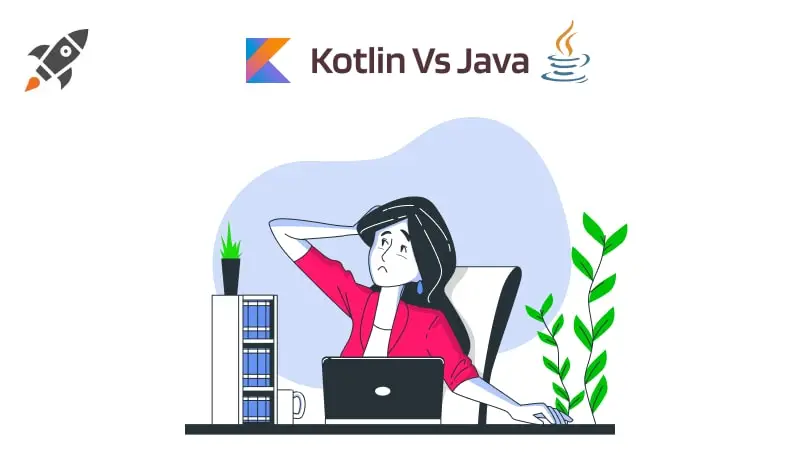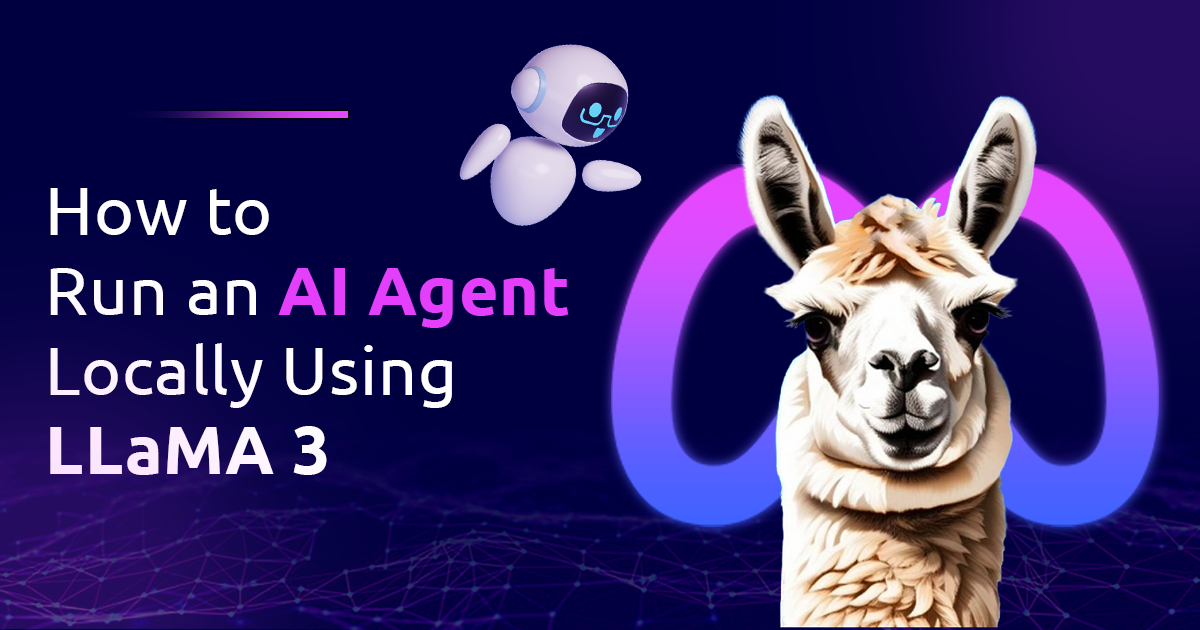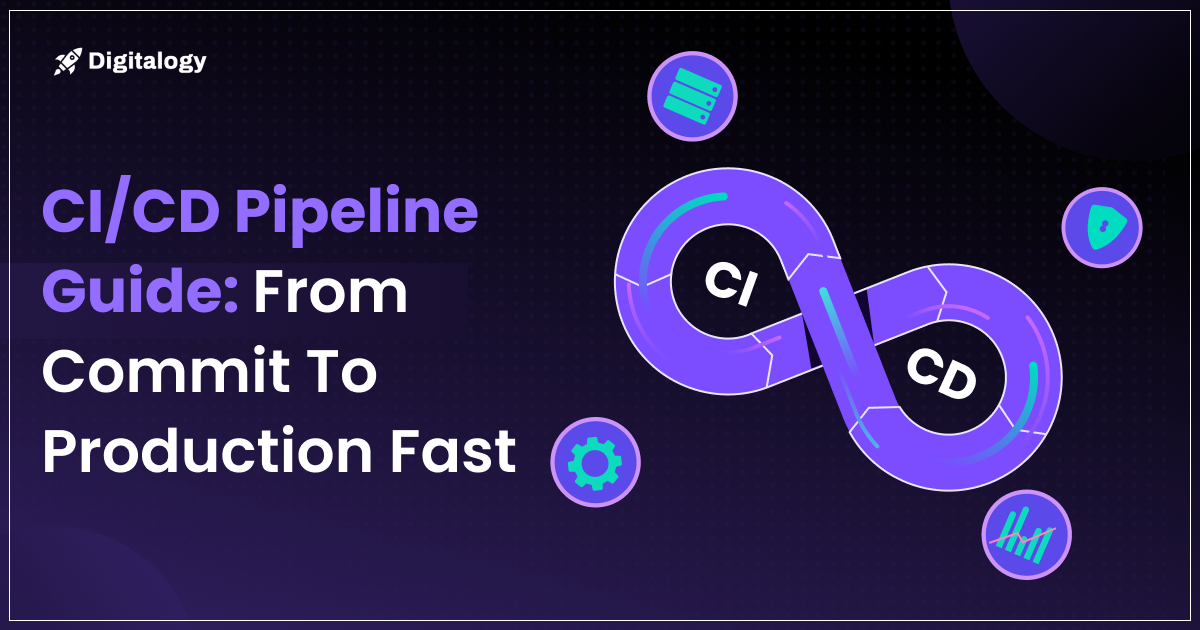This article is an in-depth analysis of the two most favored programming languages- Kotlin Vs Java. It deals with the history of Kotlin, the advantages of Kotlin as well as the features. Similarly, it talks about the history of Java, its features, and the advantages of Java.
Following the discussion on the two programming languages, we will see an elaborate section on the difference between Kotlin and Java. We hope, by the end of this article you will be able to figure out which one is better Kotlin or Java.
What is Kotlin?

Kotlin is an open-source language introduced in 2016. Kotlin can compile code to bytecode. Kotlin works on any platform as it runs on Java Virtual Machine (JVM).
In addition to this, libraries made in Java are optimized to operate with Kotlin. Kotlin seeks to develop an improvised version that is quicker, simpler and offers a blend of object-related and functional programming.
History of Kotlin
Regarding the history of Kotlin, it was developed in July 2011 by JetBrains as a new language for the JVM. Kotlin’s name was adopted from Kotlin Island and released on February 15, 2016.
It was in 2017 when Google declared that they were extending support to Kotlin on Android. After two years, in 2019, Google declared that Kotlin is their chosen language for developing Android apps.
Features of Kotlin
- Interoperability – Kotlin is an interoperable language that allows developers to switch to Java without altering the codes. Thus, developers can access Java to Kotlin and vice versa without any additional alterations.
- Extension Functions – Kotlin is suitable for calculations and appending strings as it allows users to add extra features to an existing component. It helps users to add interactive features while maintaining simplicity.
- Smart Cast – The Smart Cast feature allows developers to determine the type of function and perform operations related to that type. This helps in improving the coding efficiency and leads to effective performance.
- Efficiency – Kotlin features are effective for developers as it reduces code length. Coding in Kotlin is 20% less than in Java and it improves quality and operations.
- Low Cost and Easy – Kotlin is a preferred programming language as it is open-source and includes a low cost in its adoption. When compared to other languages, Kotlin is easy to learn and work with.
Advantages of Kotlin
This section highlights five advantages of Kotlin.
- Readability
Kotlin involves less code and concise language which is why it offers high readability, simplicity, and facilitation of applications. With fewer code changes, bugs are reduced. - Solves Challenges
Kotlin assists developers in avoiding null pointer exceptions. Kotlin is effective when used with Java, unlike other programming languages. - Easy to work with
Developers can lead to product maintenance using Kotlin. Also, programmers can streamline custom app development with the help of Kotlin. - Suitable for Multiplatform Development
Kotlin supports JavaScript and developers can easily switch to Java without much alterations to the code. Developers can create Gradle files in Kotlin as it supports Gradle also. - Compatible with Java
Kotlin is fully compatible with Java as it has access to all Java frameworks and libraries. Developers can use both languages to build a mobile product and switch between the two without any hassles.
Disadvantages of Kotlin
- Compilation Speed
In Kotlin Vs Java Android, Kotlin fluctuates when it comes to creating efficient builds for Android applications. Java is quicker even though it lacks in creating incremental builds. - Few professionals know Kotlin
Kotlin is a new language whose demand in the market increased after Google declared that Kotlin would be its preferred language for developing apps. Thus, some fewer developers know Kotlin as compared to Java currently. - Limited Resources to learn Kotlin
Building an effective Android application requires resources and complete knowledge of the language. There are limited resources when it comes to exploring Kotlin as a programming language. - Seamless Programming
Java and Kotlin are similar but Java acquires the lead when it comes to seamless programming. This is because Kotlin is still in its developing phase and is not as efficient for programmers as other languages. - Switching between the languages
Kotlin is a new language and switching from Java to Kotlin requires a different setup. Apart from that, switching includes additional expenses for developers who are versed in the Kotlin language.
What is Java?

Java is a programming language that is used for creating applications on Android. This programming language supports the creation of all programs and machines including OS X, Android, and Windows. Java is optimized to create modular applications because it is an object-oriented language.
History of Java
Regarding the history of Java, it was created by James Gosling in 1995 at Sun Microsystems. Later in 2009, Oracle acquired Sun Microsystems. Java was developed as an open-source programming language that works on multiple platforms, any server, and operating systems.
Features Of Java
- Robust – The structure of Java is robust and optimized to handle exceptions using memory management and Garbage collector.
- Independent – One of the top features of Java is that it is an independent language that can run on any platform, unlike C and C++. This is because Java is integrated into Bytecode which can run on any machine.
- Multithreading – Java is a multithreading language that allows developers to execute various threads simultaneously while it utilizes the same memory and resources.
- Neutral Architecture – Java is not a machine-specific language. Hence, it can be executed on any platform and is easy to decode.
- Easy Network Connections – Java consists of TCP/IP protocols for communication and it offers an easy platform for the developers to create network connections.
Advantages of Java
There are five major advantages of Java including high performance, portability, security, simplicity, and ease with modular applications.
- High Performance – The execution of Java code is known for its efficiency and high performance. With the use of a just-in-time compiler and an interpretative language, Java runs with high efficiency.
- Portable – Java includes a primitive byte code which is why it is easy to execute on any platform. This portability of Java allows developers to avoid the dependency of any distinguishing features.
- Secure – Java has an inbuilt virus-free and tamper-free system which is why it continues to be the first choice for developers when it comes to security. During its execution, Java does not interact with the system OS and executes in the Java runtime environment.
- Simple – In a comparison of Kotlin Vs Java syntax, the syntax of Java is simple and easy to learn, understand, and implement. The confusing concepts of C++ are not included in Java and if they are, then it is implemented more easily.
- Easy with Modular Applications – One of the major advantages of the Java language is that it is oriented with the object which is why it is optimized with modular applications. Thus, Java reuses the parts owing to its robust nature.
Disadvantages of Java
- No Backup – One of the major disadvantages of Java is that it does not offer any backup feature and solely stresses storage. Many developers have lost interest in Java due to the absence of any backup feature.
- Uses Major Memory Space – As discussed before, Java does not have any backup feature, and its emphasis is on memory space only. As a result of this, the performance and efficiency of memory are affected.
- Reduced Readability – Some codes in the Java language are long and complex which leads to reduced readability. This makes it hard for developers to read and understand them properly.
- Lacks in the Graphical Interface – Java still has a long way to go when it comes to creating UIs that are consistent with the language. Though there are multiple frameworks including JavaFX and JSF for creating GUI, however, they are not fully compatible with all GUIs.
- Slower due to Multi-Level Compilation – Java uses significant memory and is slower than C and C++. This is because Java takes extra time while decoding each code at the machine level.
Why are we comparing Kotlin Vs Java?
Java is an open-source programming language that assists developers in building Android applications. Java is one of the popular languages alongside Python and JavaScript.
However, in recent years, Kotlin has become the preferred programming language due to its high readability and less involvement of codes.
Kotlin was declared as the second official language for Android by Google in 2017 and in 2019 it promoted it to be the most favored language for Android applications. Many developers have debated which one is better- Kotlin or Java.
Thus, the popularity between the two languages has led us and programmers to compare- Java vs Kotlin.
Kotlin Vs Java: The Differences
Now that we have discussed Java and Kotlin in detail, let us have a look at this famous face-off between Kotlin Vs Java.
- Null safe – The major difference between Kotlin and Java is that of a null value. Java consists of Null pointer exceptions that allow developers to determine a null value and attribute it to a variable. On the other hand, in Kotlin, developers can’t attribute null values to objects by default. Even if it is tried, at compilation time the code will fail. However, if the developer still wants to mark the variable, they can do so by explicitly declaring it as nullable. This can be done by adding a question mark in the code.
- Extension Functions – Extension functions are one of the major differences between Kotlin and Java. Java does not have extension functions. However, developers can create a new class and take functions from the parent class. Due to this, the functionality of the existing class increases. Kotlin, on the other hand, allows the developers to extend the existing class without taking the functions from the parent class. Developers must add a prefix to the name of the class to execute the extension function in Kotlin by using ‘.’.
- Functional Programming – Java is an object-oriented programming language. In 2014, Java introduced lambada expressions that allow developers to create functions irrespective of belonging to any class. Lambda expressions can be executed on demand and are considered objects in Java. With Kotlin, it is possible to work with multiple functions. Kotlin is a statically typed language and is therefore compatible with multiple function types.
- Code – When it comes to code, Kotlin is way ahead of Java in terms of its management and readability. This is because Kotlin involves fewer codes. Hence, the chances of errors are reduced as compared to Java. Java, on the other side, involves long and complex codes which are difficult to understand.
- Coroutines Support – In the case of Coroutines supporting Kotlin vs Java, Kotlin involves coroutines that are stackless and assist programmers in developing code while putting the implementation on hold.
Developers are free to resume the process again without coding being affected. In this way, developers can avoid the creation of multiple threads and can create them when needed. Kotlin is more concise and clearer due to coroutines. Hence, Kotlin is a preferred programming language to Java. - Data Classes – In Java, developers are required to create fields that store the data. The classes are meant for storing data as they do not have any functionality. Kotlin, on the other side, offers a simpler way of integrating data. It is performed by integrating the “data” keyword in the class definition. This is followed by the compiler which will autogenerate the constructor and getter functions.
- Smart Casts – In Kotlin vs Java, Java is a bit different where the developer must define the variable’s type. This is to be done incompatibility to the operation. On the other hand, Kotlin uses the smart cast feature for monitoring casting checks. Kotlin’s in-built system is efficient enough that it automatically marks and avoids redundant casts. This is implemented with the help of the “is-checks” keyword.
- Checked Exceptions – Java supports checked exceptions. However, developers are required to define and catch exceptions. But this process can be frustrating as it consumes a lot of time.
This contributes to the robustness of the coding structure and lets developers avoid errors.
To summarize, checked exceptions have their own advantages and disadvantages in Java. As far as Kotlin is concerned, there are no available checked exceptions. - Primitive Types – In the case of primitive types, Kotlin vs Java, Primitive types are predetermined data types in Java. It consists of eight different types of primitive data types. They include byte, int, double, boolean, short, float, char, and long. In Kotlin, they are considered an object as soon as the variable of a primitive type is initiated. Thus, in Kotlin it is an automatic process.
- Implicit conversions – Java offers implicit conversions as opposed to implicit ones. On the other hand, Kotlin does not offer support for implicit conversions. Hence, smaller types are not transformed into bigger types. However, developers can work their way out to achieve the conversion they need. Developers can execute explicit conversions to achieve the conversions they require.
- Wild Card Types – Java offers wildcard types. It is reflected by the simple use of a question mark “?”. The use of a question mark “?” suggests an unknown type or simply a wildcard. Kotlin, on the other side, does not offer wildcards. Instead, it allows users to make use of an alternative. This consists of declaration-site variance and type projections.
- Public Fields – Java contains public fields which is quite convenient for developers as it allows them to modify them according to the representation. Developers can change the representation of an object without even editing the callers. In this way, the public API does not change, and the program contains maintainability. Thus, the fields are public as required by the developer. On the contrary, Kotlin does not have public fields.
Which is Better In Kotlin Vs Java Competition?
In conclusion to this tussle of Java Vs Kotlin, both languages are programmers’ favorites. However, according to the current trends, Kotlin seems to take the lead due to its high readability and less complex codes.
But Java has been in use for a long time. It would be hard for Java to get replaced anytime soon.
With this article covering the difference between Kotlin and Java, we hope you will have a clear idea of which one would be better for your application- Kotlin or Java.







